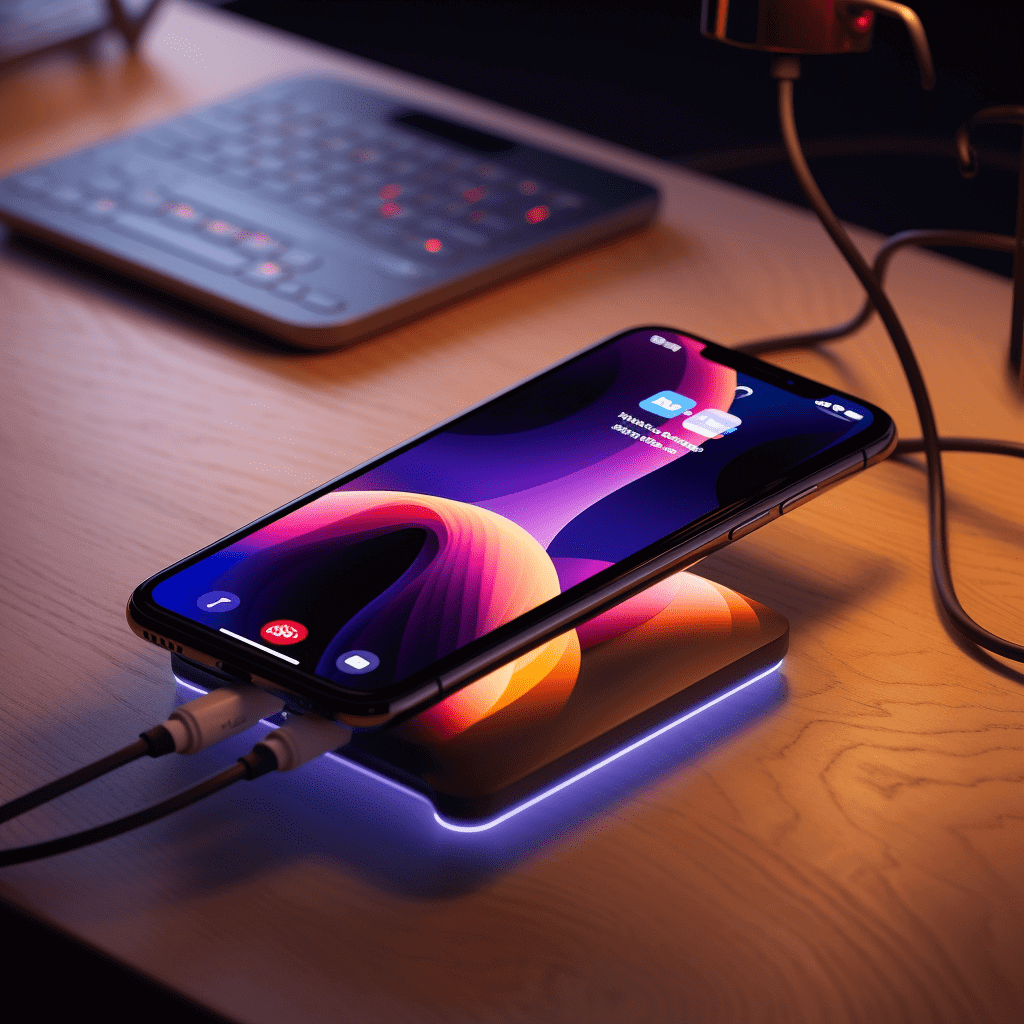Apple has unveiled its iPhone 15 series, introducing a USB-C charging port for the first time since 2012, marking the end of the lightning standard. This measure meets the EU’s 2024 mandate requiring all portable electronic devices to have a universal connector to combat e-waste and streamline the user experience.
While Apple had previously expressed opposition to this requirement, the change was made official during the recent iPhone launch event. Underscoring the universal acceptance of USB-C, Apple’s Kaiann Drance noted that the decision was in line with market trends.
The new iPhone 15 lineup mirrors the previous 14 series in terms of pricing and size. All four variants, which will launch on September 22, will incorporate USB-C ports. This puts the iPhone on par with the latest Macs, iPads and other devices from the Apple industry, such as Android phones and the Nintendo Switch. Apple also revealed the switch from its AirPods Pro wired headphones and charging case to USB-C.
Despite the positive long-term implications, some professionals, such as VMware’s Ed Hoppitt, raised concerns about the potential for significant e-waste due to the obsolescence of existing cables.
To address these concerns, Apple highlighted several environmental commitments, including stopping the production of leather phone cases. Its Apple Watch Series 9 will be its first carbon-neutral device, with the company committing to total carbon neutrality by 2030.
Ben Wood, chief analyst at CCS Insight, described the USB-C switch as a long-term “victory for common sense”.
Apart from this major change, Apple showed off the improved features of the iPhone 15, including improved cameras, brighter displays and a new “dynamic island” that replaced the notch. Although satellite connectivity is expanding, it is currently limited to the US. In particular, the pro model will be available in pink and will feature significant upgrades.
The Apple Watch Series 9 and Apple Watch Ultra 2 will also launch with the iPhone 15 on September 22. The event met industry expectations, leading to a minor drop in Apple shares.
Apple could still introduce new iPads in 2023, and the previously announced mixed reality headset is slated for early 2024.
This article is sourced from and written by AI.
Track and stay informed about AI-generated news:

